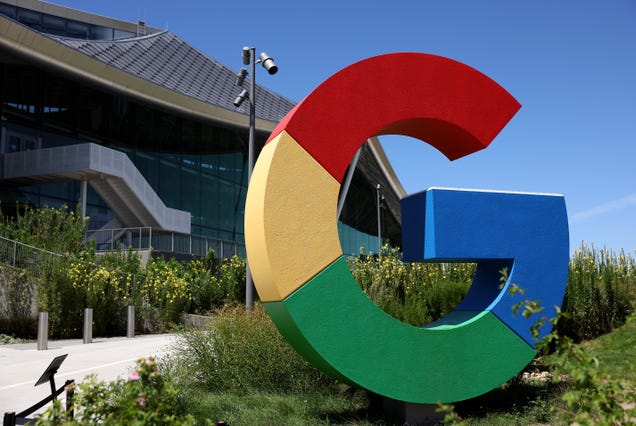Google’s Challenge to Compete with OpenAI Feels Like Sprinting a Marathon

Google’s AI Journey: The Rise of Gemini
The launch of ChatGPT by OpenAI significantly changed the landscape of artificial intelligence, prompting Google to accelerate its efforts in this field. In response, Google reportedly gave its AI team 100 days to develop a competitive product, aware that it could lose its leading position.
The Dawn of Gemini
Two years later, Google’s Gemini AI models have emerged as some of the top chatbots, recognized on platforms like Chatbot Arena, which evaluates various AI systems. Sissie Hsiao, the Vice President and General Manager of the Gemini app and Speech at Google, reflected on this intense journey, describing it as “sprinting a marathon.” Hsiao, alongside many current and former colleagues, shared insights into the rapid development cycle of Gemini and its preceding products.
Initially, the chatbot was known as Bard. Hsiao emphasized that Google aimed for quality but also had to move quickly in a competitive environment. The first version of Bard was launched in February 2023, just months after the debut of ChatGPT. However, the rollout was marred by a blunder when an advertisement for Bard included an inaccurate answer, which Hsiao later referred to as an “innocent mistake.”
The Resurgence with Gemini
By December 2023, Google rebranded Bard as Gemini. This new version managed to outperform ChatGPT in many industry benchmarks, showcasing significant improvements in its capabilities. However, challenges continued, including a setback in February when Gemini’s image generator produced historically inaccurate images, such as racially diverse Nazi soldiers. Google took the time needed to fix these issues and reintroduced the image generation feature in August.
Despite these hurdles, Google remains competitive with key rivals and ahead of others in the AI space. Sundar Pichai, Alphabet’s CEO, mentioned that Google’s strong position in AI gives it confidence in future opportunities. He stated plans for a significant investment of $75 billion in capital expenditures to further accelerate progress in AI technology.
Google’s AI Strategy and Future Directions
Sissie Hsiao shared her views on the future of AI, marking "agentic capabilities" as the next frontier. She described Gemini’s goal as providing deeply personalized interactions, enabling the chatbot to remember past user interactions and act on behalf of users across various Google and third-party services. Recently, Google announced plans to allow Gemini to personalize responses through connections with other Google products, beginning with Search.
This ongoing focus on AI underlines Google’s commitment to being an AI-first company, a stance they have maintained since 2016. Hsiao highlighted the necessity of integrating AI into all areas of a company’s operations, from product development to customer service, marketing, and sales. Embracing AI is seen as essential for companies to maintain a competitive edge.
Key Takeaways
- Google responded to OpenAI’s ChatGPT launch by rapidly developing its AI offerings, resulting in the creation of Gemini within a short timeframe.
- The journey has featured both successful outcomes and missteps, including an advertising error and issues with image generation.
- Google maintains its competitive edge through significant investments and continued innovation in AI technologies.
- Future AI capabilities of Gemini include deep personalization and enhanced functionality across Google services, showcasing a forward-thinking vision for AI integration.
This narrative around Google’s AI evolution reflects both the struggles and triumphs as the company aims to solidify its leadership in a fast-evolving tech landscape.





